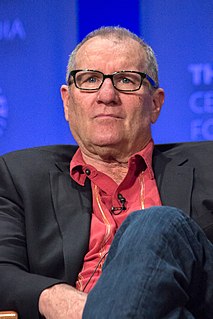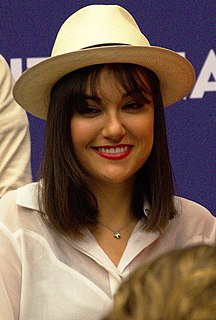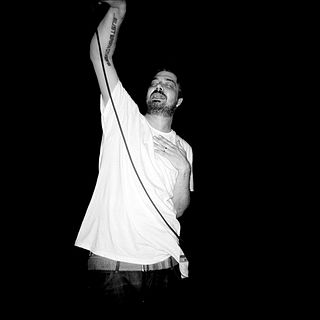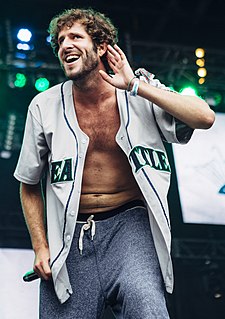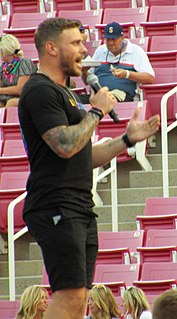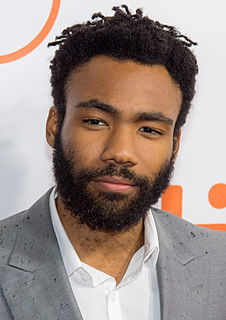A Quote by Awkwafina
I think there are barriers, but I think for me specifically, my barrier is being rejected from the kind of hip-hop elitists that think I'm not appropriating it, but just not serious about it. They think I'm a Lonely Island, Weird Al, you know - like a parody rapper. So that alienates me from a lot of things.
Related Quotes
I used to say things like, 'My name's not Al (Bundy), you know?' Not to the press, but to fans. 'My name is actually Ed.' I'd find myself saying that, and I'd think, 'Who do you think they think you are? They only know you from that!' And finally I just got...I don't know, I guess a switch went on for me, and I realized, 'This was the greatest job that you've ever had in your life. Why are you acting like an asshole?' So from that minute on, I kind of...well, I hate the word 'embraced,' but I just kind of went, 'Yeah, okay.' 'So you're Al, right?' 'Yep!'
I think that people have been claiming hip-hop as being dead since the moment it started. I think there are people - and I can be included in that category sometimes - that get frustrated feeling like maybe the industry has handcuffed itself, or trained its artists to do or think about music in a way that classically hasn't led to the greatest records in hip-hop.
I think that hip-hop should be spelled with a capital "H," and as one word. It's the name of our black people culture, and it's the name of our identity and consciousness. I think hip-hop is not a product, but a culture. I think rap is a product, but when hip-hop becomes a product, that's slavery, because you're talking about people's souls. To me, that's the biggest problem.
I think hip-hop has changed. When I first came out, hip-hop was more of a kind of way to learn about new places, new things. What are kids doing on the East coast, what are kids doing here. Then it left that and is like a party mode. I think it's going back to people wanting to get messages and wanting to learn things from the music.
I think that hip-hop should be spelled with a capital "H," and as one word. It's the name of the culture, and it's the name of the identity and consciousness. I think hip-hop is not a product, but a culture. I think rap is a product, but when hip-hop becomes a product, that's slavery, because you're talking about people's souls.
In this time, we incorporate money and media, and it's split up like apartheid, where when you say "hip-hop," you think just rap records. People might have forgot about all the other elements in hip-hop. Now we're back out there again, trying to get people back to the fifth element, the knowledge. To know to respect the whole culture, especially to you radio stations that claim to be hip-hop and you're not, because if you was a hip-hop radio station, why do you just play one aspect of hip-hop and rap, which is gangsta rap?
When I first started comedy, before I kind of gained any national prominence, I - in a weird way - went back to that. Marc Maron had me on WTF making fun of me about that when I first opened for him. I had this very kind of hip-hop bravado to me, and I realized that now I've let some of that go in my stage presence, that maybe that was because I had dropped that completely from my life, and when I got onstage I sort of rekindled it. And I think now that it was perhaps a defense mechanism that was left over from those days, which I think is kind of interesting.
I think, for me specifically when it comes to music, I don't think that I need any persuading to think about it. It's always kind of in the back of your mind and - but I think it's part of who I am and always will be, I mean, in a very cellular way. When you grow up doing, you know, one thing, I think you get to this place where you want to try new things. And I do think that we live in the type of world where people get comfortable with you in one way, and so seeing you in a different way, it takes some time.

